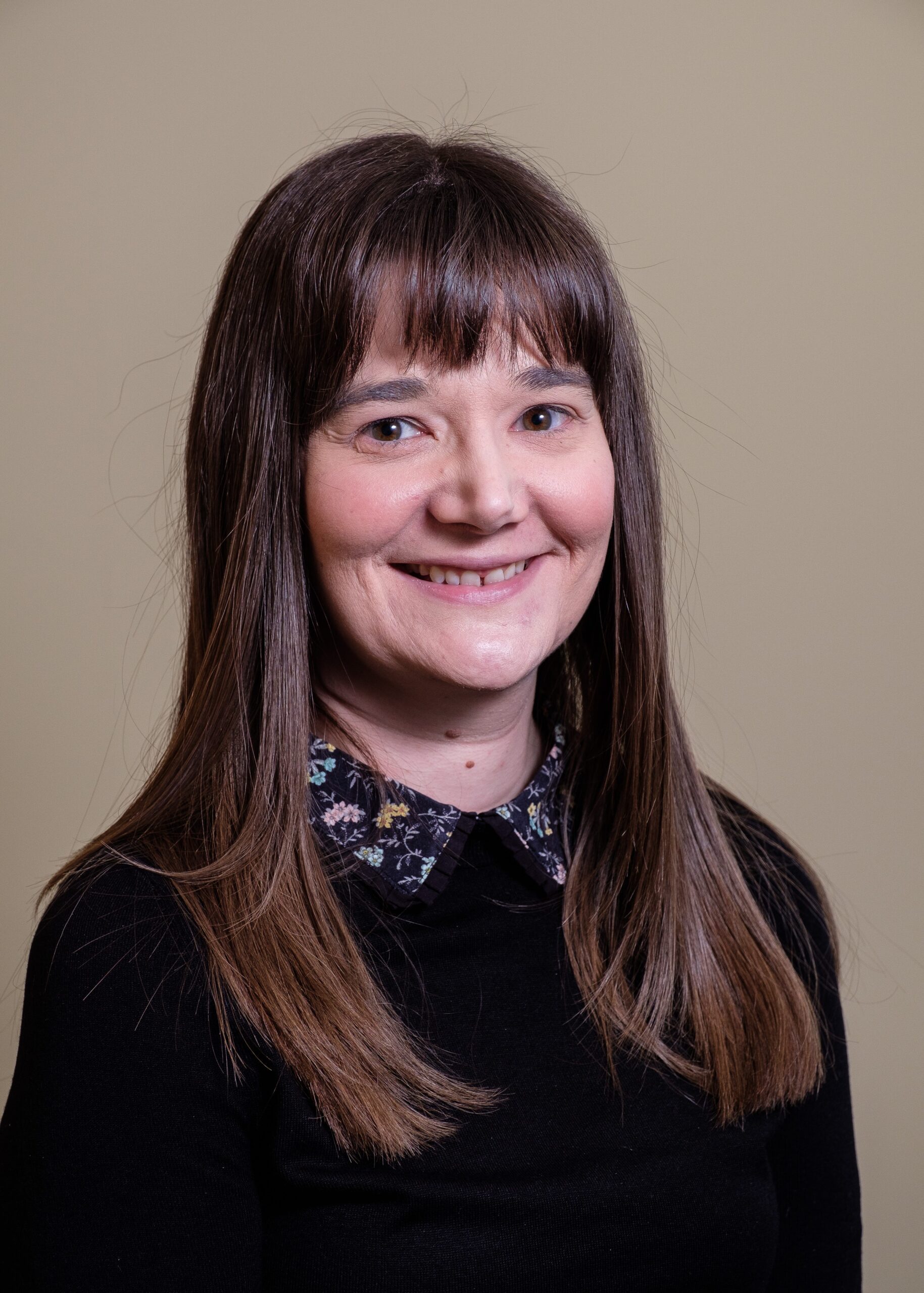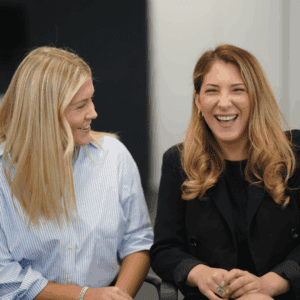The government is pressing ahead with its plans to phase out self-assessment tax returns. The next stage of HMRC’s ambitious Making Tax Digital programme will affect hundreds of landlords and self-employed workers across Northamptonshire, many of whom will be unaware that change is coming.
From April 6, 2023, landlords, sole traders and partnerships with taxable turnover or income from property of more than £10,000 a year will have to keep and submit digital business records using compatible software like QuickBooks, Xero or Sage.
The new rules mean that rather than filing an annual self-assessment tax return, landlords and the self-employed will have to submit updates showing business income and expenses to HMRC every three months. They will also need to make an annual ‘final declaration’ to confirm that the previous updates sent were correct, and to make any accounting adjustments needed.
If your annual income or earnings are less than £10,000 a year then you will not have to make any changes yet, although it’s worth bearing in mind you will likely be in scope for a future phase of Making Tax Digital. Self-employed individuals will still have to submit a self-assessment tax return for any non-business income.
HMRC launched its Making Tax Digital initiative to make it easier for businesses and individuals to get their tax computation as accurate as possible and remain compliant with all necessary regulations.
Larger businesses have already made the move to digital – the first phase of Making Tax Digital, which came into effect from April 2019 required all VAT returns to be submitted digitally.
Lorna Bloor, Associate and Accounting Software specialist at chartered accountants, Moore East Midlands said:
“We would encourage anyone affected by these changes to start preparing for Making Tax Digital for Income Tax now. The new rules come into place in just over 18 months’ time, which may seem like ages away, but it’s important that people don’t leave moving to a digital platform to the last minute.
“Accounting software packages like Sage, Xero and QuickBooks Online bring huge benefits, and are easy to use – in fact they make it much easier for you to keep track of your income and expenditure. However, we know from our experience in helping our business clients get ready for MTD that it can take a while to set up the digital links and get used to using a new system. We recommend that you speak to your accountant in plenty of time for the April 2023 deadline so that you are well prepared.”
For those who don’t feel comfortable using an accounting software package, an alternative option is to get an accountant to maintain your records and file your return on your behalf. If you can’t use a digital system because of your age, a disability or because of where you live (e.g. you don’t have internet access), or if you object to using computers on religious grounds you can apply for an exemption from the scheme.
Landlords and property businesses who already use property management or digital accounting software should check with their existing software provider to make sure that their package will be Making Tax Digital compliant.
For further help or advice about Making Tax Digital or for help finding the best accounting software package for you, contact Moore on 01536 461900 or by email at east.midlands@moore.co.uk.














